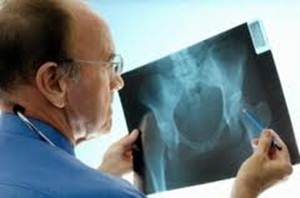Aged people with type 2 diabetes may have a higher risk for fractures than those without diabetes, even though they tend to have less bone density loss as measured by bone mineral density testing.
This paradox has left many wondering whether bone mineral density testing is of any value in older people with diabetes. Now, a new study, appearing in Journal of the American Medical Association, throws light on this anomaly.
We found a clear benefit for testing bone mineral density in older diabetes patients, but the threshold for concern was lower than for people without diabetes," University of California, San Francisco Associate Professor of Epidemiology and Biostatistics Ann V. Schwartz, PhD, tells.
Schwartz and colleagues analyzed data from three prospective observational studies which followed 18,000 older people for an average of around 12 years, including 770 women and close to 1,200 men with type 2 diabetes.
During the follow-up, 84 women with diabetes and 32 men with diabetes experienced hip fractures; 262 women with diabetes and 133 men with diabetes experienced other non-spinal fractures.Bone mineral density T scores and FRAX scores were both associated with hip and non-spine fracture risk in the diabetes patients.
"A diabetic patient with a T-score of –2.0 had about the fracture risk as a non-diabetic with a T-score of -2.5," Schwartz says.
The new findings confirm that a diabetes patient with a FRAX score of 3% has a higher fracture risk than a non-diabetes patient with the same score, Schwartz says.

